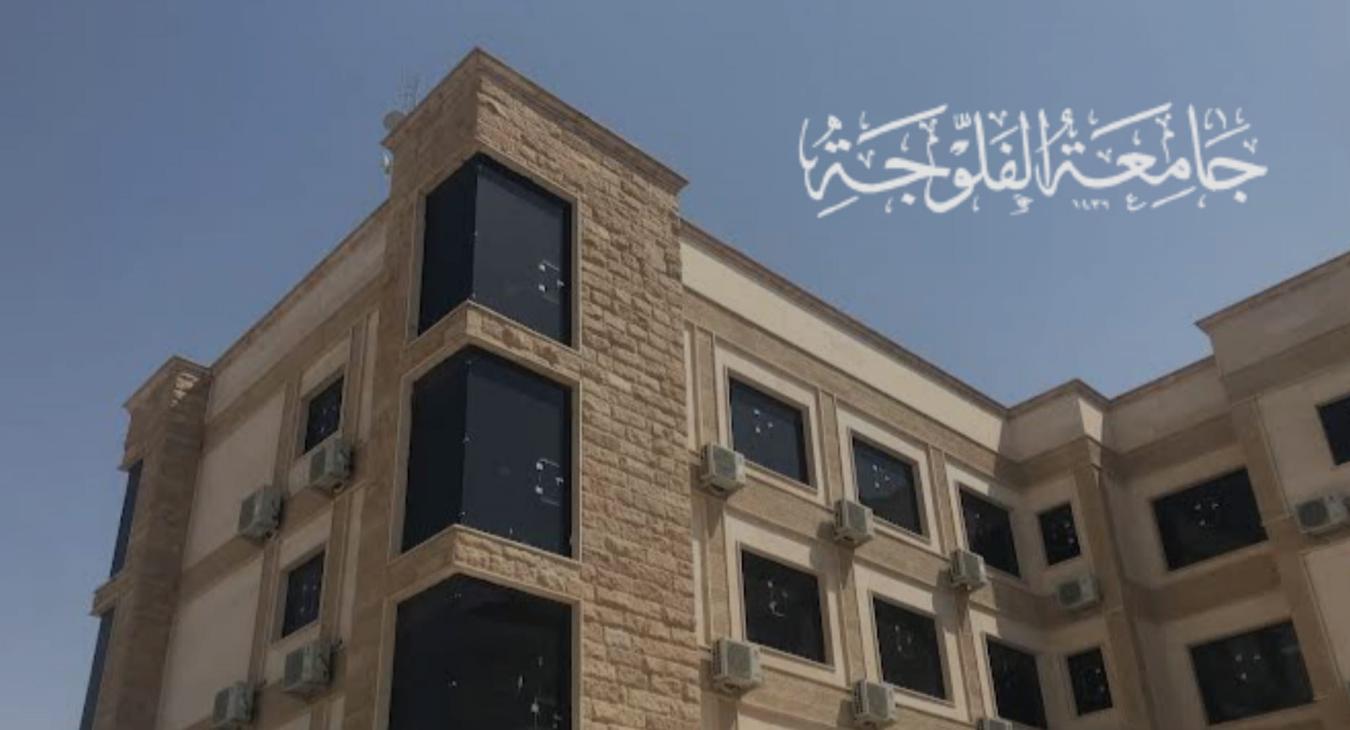1. Introduction
Since its establishment, the University of Fallujah has worked to embed a culture of quality and implement its principles, aiming for excellence in all academic, administrative, and research activities. The University is committed to sustaining and enhancing this excellence in education, learning, research, and community engagement through a defined quality assurance policy. This policy includes specific principles and controls through which the University monitors, evaluates, and continuously improves its performance.
2. Vision
To become a leading educational institution offering academic and service programs based on comprehensive local and international quality standards.
3. Mission
To develop and enhance the academic and institutional performance of the University of Fallujah by implementing long- and short-term improvement plans. These plans aim to ensure quality and performance evaluation based on competence and competitive capabilities, thereby elevating the University's outputs both locally and internationally and strengthening trust in its outcomes.
4. Objectives
This policy aims to establish a comprehensive framework for quality assurance and excellence across all academic, research, and administrative dimensions of the University. It is implemented primarily by the Quality Assurance and University Performance Department, which works to:
- Establish an integrated quality assurance system within the university and apply both Iraqi and international standards.
- Enhance the quality of educational programs and align them with labor market requirements.
- Provide an effective learning environment that supports academic excellence.
- Offer consultation and appropriate support to improve the competencies of university staff in areas such as program and institutional accreditation and international rankings.
5. Core Principles
- Transparency: Clear procedures and standards.
- Continuous Improvement: Regular review and updating of academic and administrative policies and procedures.
- Responsibility: All relevant parties are committed to quality and performance enhancement.
- Equity and Equality: Ensuring equal opportunities and high-quality services for all stakeholders without bias.
- Partnership: Strengthening collaboration among all stakeholders (students, faculty, staff, and the local community).
6. Quality Assurance Mechanisms
- Program Review and Accreditation: Regular internal and external evaluation of academic programs.
- Teaching and Learning Evaluation: Student surveys, peer reviews, and learning outcomes analysis.
- Research Quality Monitoring: Evaluation of research output and adherence to ethical standards.
- Student Support Services Evaluation: Assessment of library effectiveness, academic advising, and student services.
- Feedback Systems: Collection of feedback from students, faculty members, and external partners.
- Annual Quality and Development Reports
7. Organizational Structure of the Quality Management System
The Quality Assurance and University Performance Department consists of:
- Quality Assurance Division
- Performance Evaluation Division
- Laboratory Quality Division
- Accreditation and International Rankings Unit
8. Scope of Application
This policy applies to all colleges, departments, centers, and administrative units of the University, including students, faculty members, and staff of all designations.
9. Monitoring and Review
This quality assurance policy is reviewed every two years by the Quality Assurance and University Performance Department to ensure alignment with developments and to meet the needs of the University and its stakeholders. Implementation of the policy is subject to the approval of any major amendments by the University Council.










